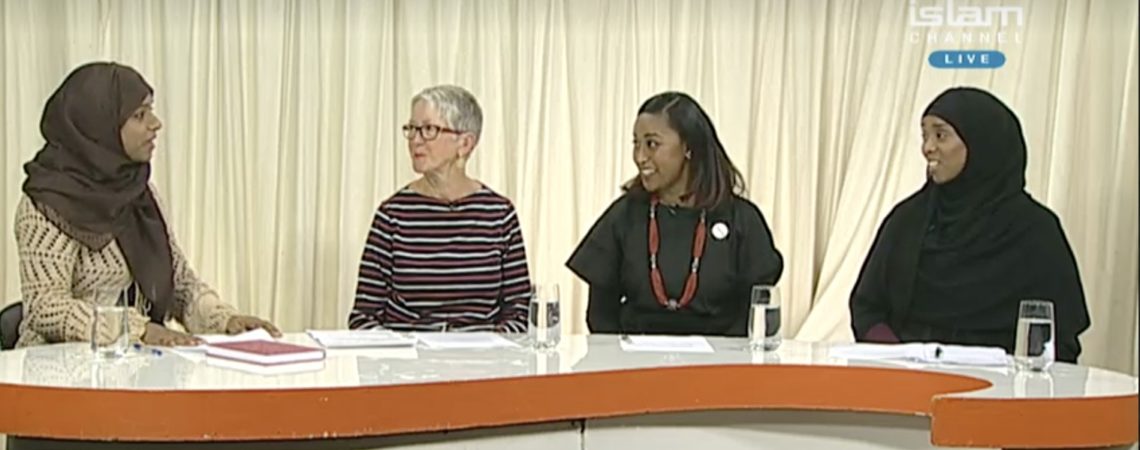Articles on Shifting Sands
How much of a problem is FGM in the UK?
The recent FGM trial at the Old Bailey where a mother was convicted of carrying out FGM on her three year old daughter and sentenced for 11 years has generated much discussion about the prevalence of the practice in the UK.
Many, although sad that a girl’s genitals were cut, have ‘celebrated’ this much desired victory. However a few, like me, think the conviction may represent a miscarriage of justice. An appeal is being sought.
While there’s been huge media coverage of the case, few outlets have attempted to question the widespread belief that FGM is being carried out in Britain, on ever younger girls – babies even, and that new types are being practised in an attempt to avoid professionals’ gaze. And that people from ‘practicing communities’ continue to take their young girls abroad to undergo it during the so called ‘cutting season‘.
Islam Channel has been a welcome exception to this trend. I partook in two broadcast programmes in February.
The first was a phone-in to The Report where the topic ‘Is FGM a problem in the UK?’ was discussed. Participants included Dr Osama Naji, Obstetrician & Gynaecologist, Adwoa Kwateng-Kluvitse (FORWARD) and me.
The second was an hour long, live discussion on the TV show – Women’s AM. Discussants included Safia Jama, community activist, Israa Saddiq, Obstetrician & Gynaecologist and me.
In both programmes we engaged in sometimes heated discussions about the practice, its prevalence and how it could be addressed.
If you need convincing about the destructive effects of the FGM industry on families, pay particular attention to what Safia Jama from Tower Hamlets, London said in the second interview.
Interestingly, her views have since been separately and independently supported by published research from Bristol where, via the city’s zealous approach to safeguarding, Somali families have become a ‘suspect community’, experiencing widespread feelings of stigma and criminalisation, as well as racism in policy and practice.
Let’s hope that the Government and its agents start to listen to community voices like these, soon, before further damaged is wrought.
About the Author - Bríd Hehir
Bríd is a retired health professional. She started her career as a nurse and midwife in Africa where she worked for almost four years. She encountered FGM/C in Ethiopia. She then moved to London where she worked in the National Health Service as a midwife, community nurse, health visitor, reproductive and sexual health nurse and manager over a period of 30 years. She did not encounter FGM/C during that time despite working with immigrant communities who are reported to practice it still. She is puzzled by the current reported prevalence of the practice, the official response and associated activism. And is worried that they might cause more harm than good.



0 comments